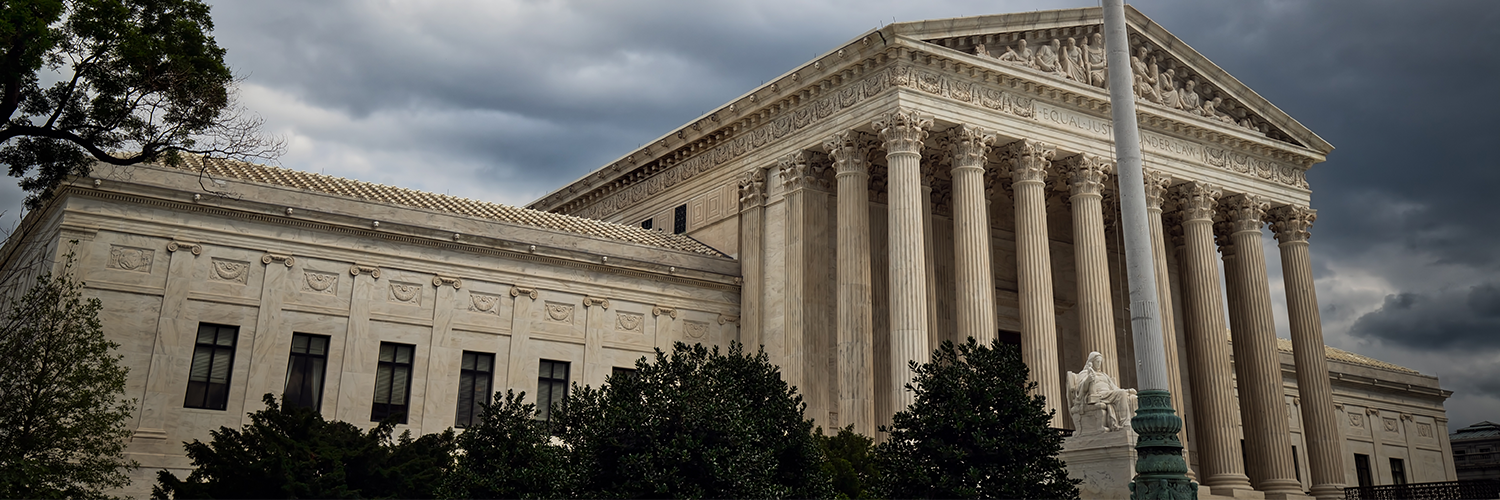“What if the state of Washington passed a law that gave the reigning political party access to certain state-controlled, speech-enabling information, but denied that information to everyone else?… So should it matter if the state enacted the same law, but instead of giving the information to the incumbent political party, it gave it to an incumbent public-sector union that serves as the exclusive bargaining representative employees paid with public funds? That is what happened here when Washington voters enacted I-1501.”
– Judge Daniel A. Bress, dissenting 9th Circuit Court of Appeals October 2020
Five years ago, Washington voters were the victims of a massive fraud that effectively preserved the monopoly government employee unions hold over the information disseminated to thousands of home-based care providers throughout the state.
Now the U.S. Supreme Court is being asked to undo the damage.
Attorneys for the Freedom Foundation on March 19 filed a request for certiorari in Boardman v. Inslee, which challenges Initiative 1501, a 2016 ballot measure that promised to crack down on identity theft targeting seniors but, in fact, was intended to prevent thousands of homecare providers from discovering they could no longer be forced to join or pay dues to a labor union.
In addition to its blatant dishonesty, the measure violates the equal protection guarantees of the U.S. Constitution by exempting the caregivers’ contact information from normal public disclosure laws — for everyone but the unions.
The complainants, including lead plaintiff Brad Boardman, are Medicaid-compensated caregivers who were denied access to their peers’ contact information — the exact same information routinely handed over to unions.
Like the Freedom Foundation, the plaintiffs were eager to spread the news about Harris v. Quinn, the landmark 2014 U.S. Supreme Court ruling that recognized the right of “partial-public employees” to opt out of union membership, dues and fees.
Under the Constitution, it’s possible to exempt certain government employees — like prison guards — from disclosure laws because making their contact information public could put them at risk. But you can’t base that exemption on political ideology or financial gain, and that’s clearly what’s happened here.
The initiative’s language made no effort to justify this discrepancy, but nearly every newspaper in the state labeled 1501 a “Trojan Horse” designed to trick voters into believing they were protecting seniors from identity fraud when they were actually exposing them instead to union predators.
The Freedom Foundation responded immediately by filing suit on behalf of Boardman, et al, but union-sympathetic judges at the lower and Appeals Court level consistently rejected its arguments, concluding there is no reason to believe voters approved I-1501 under false pretenses.
The voters were duped. And that’s bad enough. But the real issue here is that you can’t have one set of rules for unions and another for everyone else.
What makes I-1501 particularly vulnerable to being overturned is that its aim is to suppress precisely those rights Harris sought to safeguard. Hopefully, the Supreme Court will take a dim view of the unions’ clumsy scheme to avoid complying with it.
Boardman is the second Freedom Foundation case appealed to the Supreme Court in the past month.












